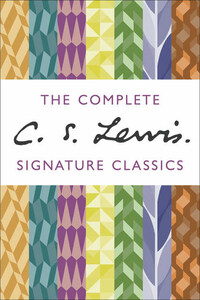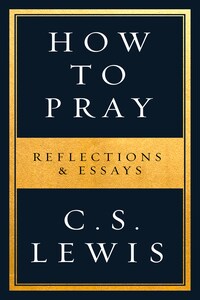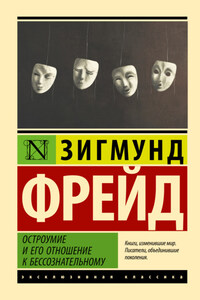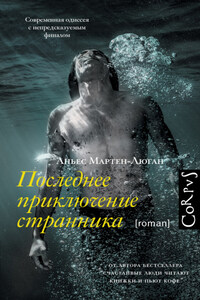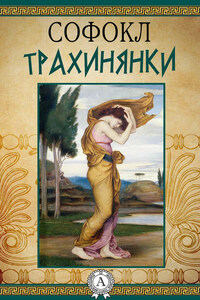The Complete C. S. Lewis Signature Classics
Mere Christianity
The Screwtape Letters
The Problem of Pain
The Four Loves
The Great Divorce
Surprised by Joy: The Shape of My Early Life
Miracles
Cover
Title Page
Mere Christianity
The Screwtape Letters
The Problem of Pain
The Four Loves
The Great Divorce
Surprised by Joy: The Shape of My Early Life
Miracles
Copyright
About the Publisher
The contents of this book were first given on the air, and then published in three separate parts as Broadcast Talks (1942), Christian Behaviour (1943) and Beyond Personality (1944). In the printed versions I made a few additions to what I had said at the microphone, but otherwise left the text much as it had been. A ‘talk’ on the radio should, I think, be as like real talk as possible, and should not sound like an essay being read aloud. In my talks I had therefore used all the contractions and colloquialisms I ordinarily use in conversation. In the printed version I reproduced this, putting don’t and we’ve for do not and we have. And wherever, in the talks, I had made the importance of a word clear by the emphasis of my voice, I printed it in italics. I am now inclined to think that this was a mistake—an undesirable hybrid between the art of speaking and the art of writing. A talker ought to use variations of voice for emphasis because his medium naturally lends itself to that method: but a writer ought not to use italics for the same purpose. He has his own, different, means of bringing out the key words and ought to use them. In this edition I have expanded the contractions and replaced most of the italics by a recasting of the sentences in which they occurred: but without altering, I hope, the ‘popular’ or ‘familiar’ tone which I had all along intended. I have also added and deleted where I thought I understood any part of my subject better now than ten years ago or where I knew that the original version had been misunderstood by others.
The reader should be warned that I offer no help to anyone who is hesitating between two Christian ‘denominations’. You will not learn from me whether you ought to become an Anglican, a Methodist, a Presbyterian, or a Roman Catholic. This omission is intentional (even in the list I have just given the order is alphabetical). There is no mystery about my own position. I am a very ordinary layman of the Church of England, not especially ‘high’, nor especially ‘low’, nor especially anything else. But in this book I am not trying to convert anyone to my own position. Ever since I became a Christian I have thought that the best, perhaps the only, service I could do for my unbelieving neighbours was to explain and defend the belief that has been common to nearly all Christians at all times. I had more than one reason for thinking this. In the first place, the questions which divide Christians from one another often involve points of high Theology or even of ecclesiastical history, which ought never to be treated except by real experts. I should have been out of my depth in such waters: more in need of help myself than able to help others. And secondly, I think we must admit that the discussion of these disputed points has no tendency at all to bring an outsider into the Christian fold. So long as we write and talk about them we are much more likely to deter him from entering any Christian communion than to draw him into our own. Our divisions should never be discussed except in the presence of those who have already come to believe that there is one God and that Jesus Christ is His only Son. Finally, I got the impression that far more, and more talented, authors were already engaged in such controversial matters than in the defence of what Baxter calls ‘mere’ Christianity. That part of the line where I thought I could serve best was also the part that seemed to be thinnest. And to it I naturally went.
